

Austerity may be the order of the day for many consumers in the UK these days, but many of the country’s dogs have never had it so good. For a growing number of owners, only the best will do for their furry “children”, driving a boom in sales of premium dog food and treats.
Recent years have been tough for the UK economy, even though it has fared better than many of its continental neighbours. Per capita consumer expenditure fell by 6.7 per cent in real terms between 2007 and 2012 to $24 625, according to Euromonitor International data. In light of this, the fact that real value sales of dog food grew by 7 per cent over the same period indicates a remarkably robust market. This growth is mainly being driven by premiumisation arising from deepening pet humanisation - a survey conducted by ICM Research during August 2013 found that 90 per cent of UK owners considered their pets to be family members.Alternative products to the foreIn the premium dry dog food segment, real value sales grew by 12 per cent to $312 mio between 2008 and 2013. This segment is a hotbed of innovation, with hardly a week seeming to pass without a new product launch. Many of these are "alternative" products made by small companies which sport such USPs as being organic, 100 per cent natural, grain-free, hypoallergenic, raw, holistic or human-grade. UK consumers have been highly receptive to many of these products, with the share of premium dry dog food sales accounted for by small companies (those with an individual market share of less than 0.1 per cent) standing at 28 per cent in 2012.In the premium wet dog food segment, where value sales expanded by 22 per cent to $192 mio between 2008 and 2013, this trend towards alternative products is less evident. Many owners increasingly perceive wet dog food to be a supplement to dry food, so the demand for super-premium "alternative" products is not quite as marked. Thus, brands made by established companies (particularly Mars and Nestlé) are more dominant. In both the premium wet and dry segments, UK consumers seem to prize "naturalness", with value sales of therapeutic products relatively low.Private label losing ground in pet treatsPremiumisation is also very much in evidence in dog treats, where real value sales soared by 56 per cent between 2008 and 2013 to $654 mio. Between 2008 and 2013, the share of value sales in this category accounted for by private label products fell from 26 per cent to 20 per cent, while the share of small companies ("others") rose from 8 per cent to 15 per cent, indicating that consumers are becoming more discriminating in the treats they feed their dogs.As in premium dog food, new product launches are coming thick and fast in this category. For example, Burgess Sensitive launched…
Related articles
Read also

 Menü
Menü

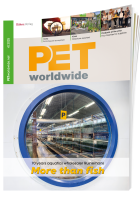




 6/2013
6/2013
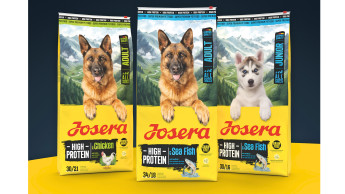


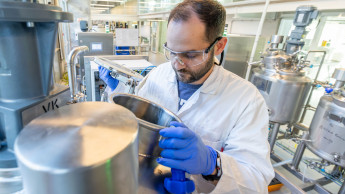
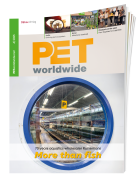

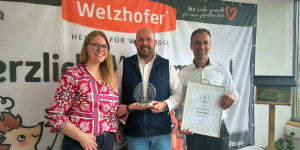


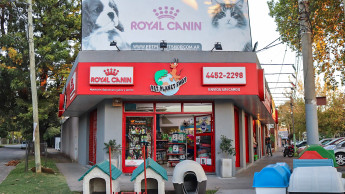
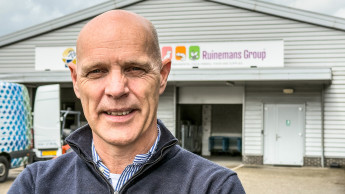
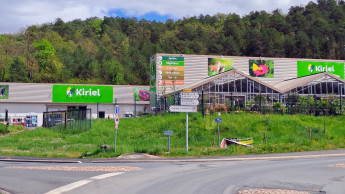
 Newsletter
Newsletter